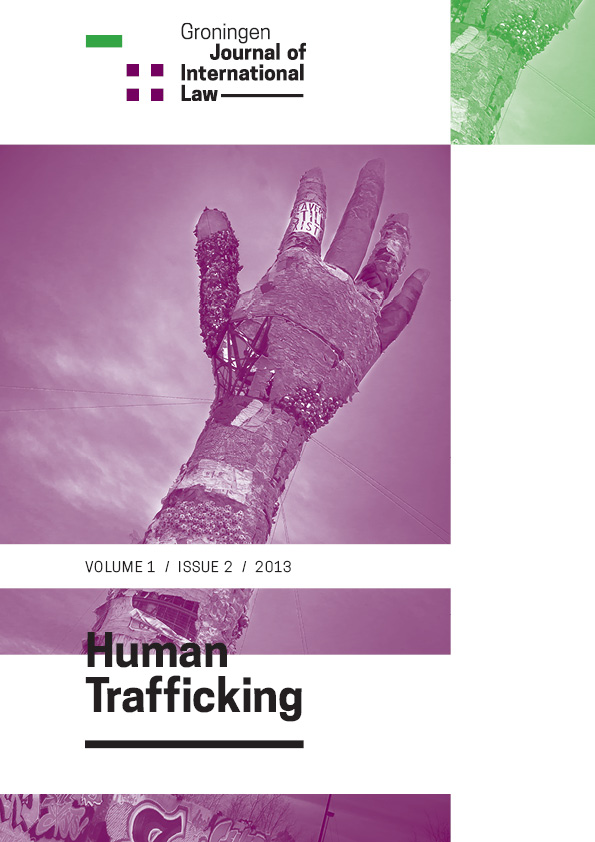The Trafficking Defence: A Proposed Model for the Non-Criminalisation of Trafficked Persons in International Law
DOI:
https://doi.org/10.21827/5a86a78872676Keywords:
TRAFFICKING IN PERSONS, NON-CRIMINALISATION, CAUSATION-BASED, COMPULSIONBASED, DEFENCESAbstract
Trafficked persons are often re-traumatised by being criminalised for offences that they have committed as a result of their status as trafficked persons. This paper argues that in the absence of a binding international law model for the non-criminalisation of trafficked persons, there is no unified vision of non-criminalisation to which regional and national legislators may (or must) adhere. As a result, the existing provisions giving effect to the noncriminalisation principle at the regional level in Europe and the national level in the United Kingdom are deficient in two significant respects: first, they require that the offence was committed under a high degree of pressure (rather than being a direct consequence of the trafficking situation); and, secondly, they are qualified (because non-criminalisation is discretionary). A model is proposed for the non-criminalisation of trafficked persons in international law to be incorporated into the international legal framework through an amendment to the Trafficking Protocol in the form of an additional clause empowering trafficked persons to protect themselves against criminalisation by way of a positive defence; the trafficking defence.Published
Issue
Section
Open Access Creative Commons


